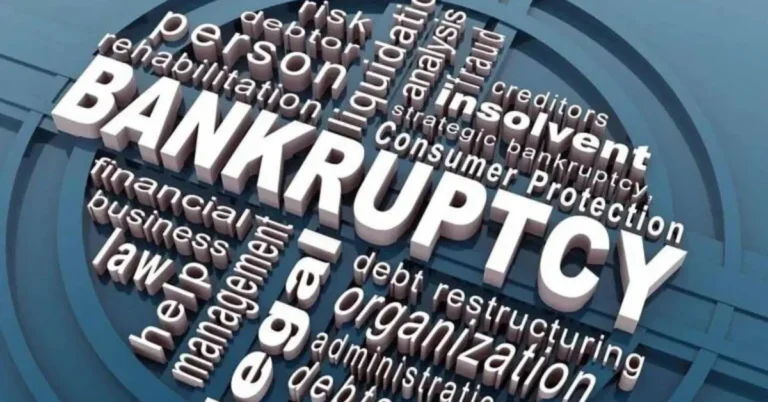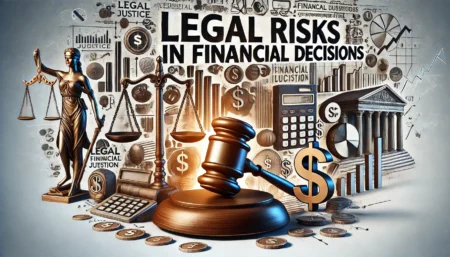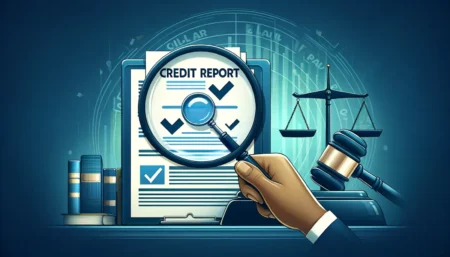Impact Filing for bankruptcy can significantly impact your credit score, making it challenging to obtain new credit, secure housing, or even find employment. However, understanding this impact and learning strategies to rebuild credit can help regain financial stability over time.
Immediate Impact on Credit Score
-
Credit Score Drop
- Filing for bankruptcy can cause a substantial drop in your credit score, often by 100-200 points or more.
- The severity of the drop depends on your credit profile before filing.
-
Credit Report
- Chapter 7 bankruptcy remains on your credit report for up to 10 years.
- Chapter 13 bankruptcy stays on your credit report for up to 7 years.
Rebuilding Credit Post-Bankruptcy
-
Review Credit Reports
- Obtain copies of your credit reports from the three major credit bureaus (Equifax, Experian, and TransUnion).
- Ensure that all discharged debts are accurately reported and that there are no errors.
-
Secured Credit Cards
- Apply for a secured credit card, which requires a cash deposit as collateral.
- Use the card responsibly and make timely payments to establish a positive payment history.
-
Credit-Builder Loans
- Consider applying for a credit-builder loan, where loan amounts are held in a bank account while you make monthly payments.
- Successful repayment is reported to credit bureaus, helping to improve your credit score.
Additional Strategies for Rebuilding Credit
-
Become an Authorized User
- Ask to become an authorized user on a family member’s or friend’s credit card.
- Ensure the primary account holder has a good credit history.
-
Timely Payments
- Pay all bills on time, including rent, utilities, and any existing loans or credit cards.
- Payment history is a significant factor in determining your credit score.
-
Maintain Low Credit Balances
- Keep credit card balances low relative to the credit limit.
- Aim to keep balances below 30% of the credit limit to positively impact your credit score.
Monitoring Credit Progress
-
Regularly Monitor Credit Reports
- Use free services to monitor your credit report and receive alerts for significant changes.
- Staying informed helps you manage credit-building efforts and correct errors promptly.
Conclusion
While bankruptcy significantly impacts credit scores, it’s possible to rebuild credit with responsible financial behavior and strategic planning. Using secured credit cards, becoming an authorized user, applying for credit-builder loans, making timely payments, maintaining low credit balances, and regularly monitoring your credit report can help improve your creditworthiness over time.




